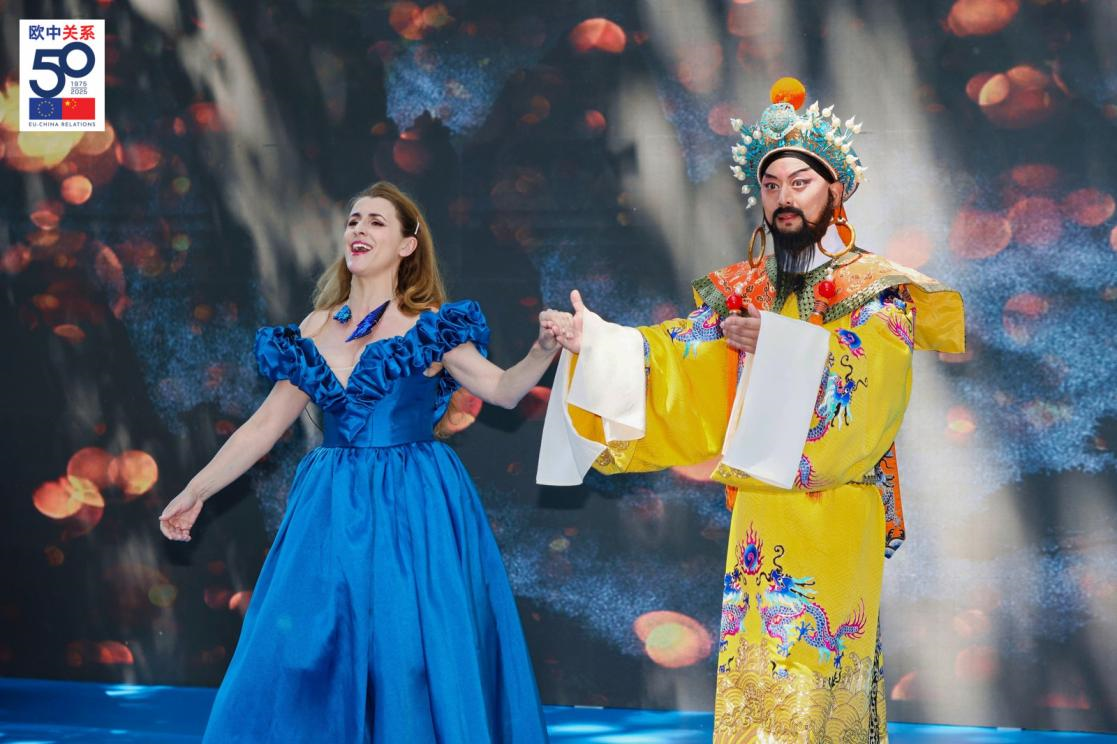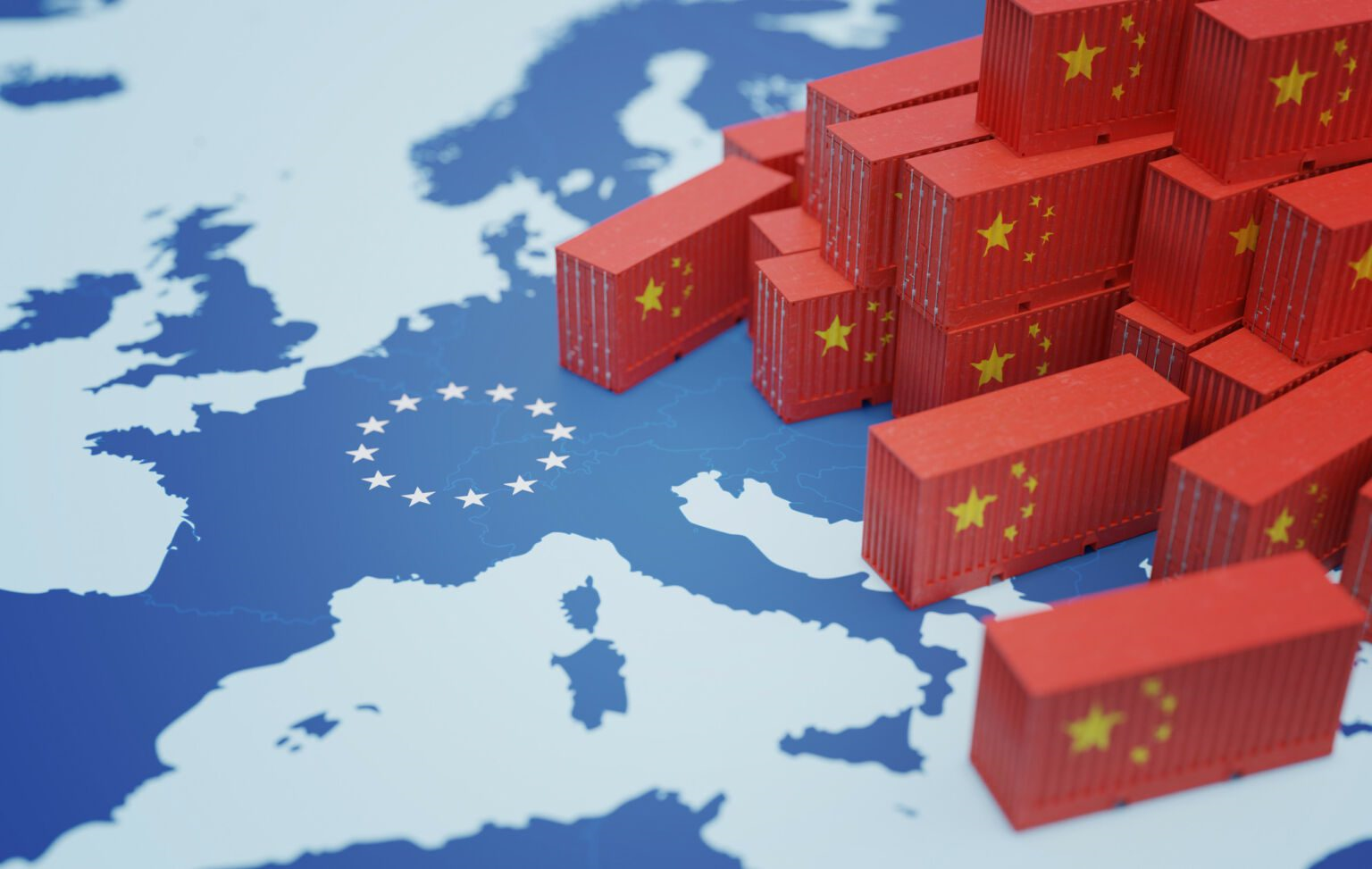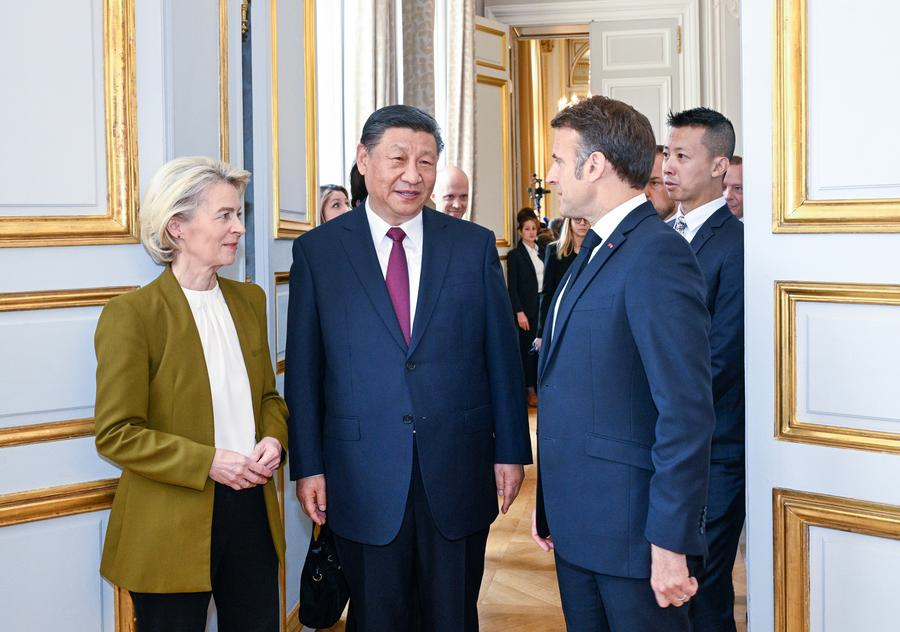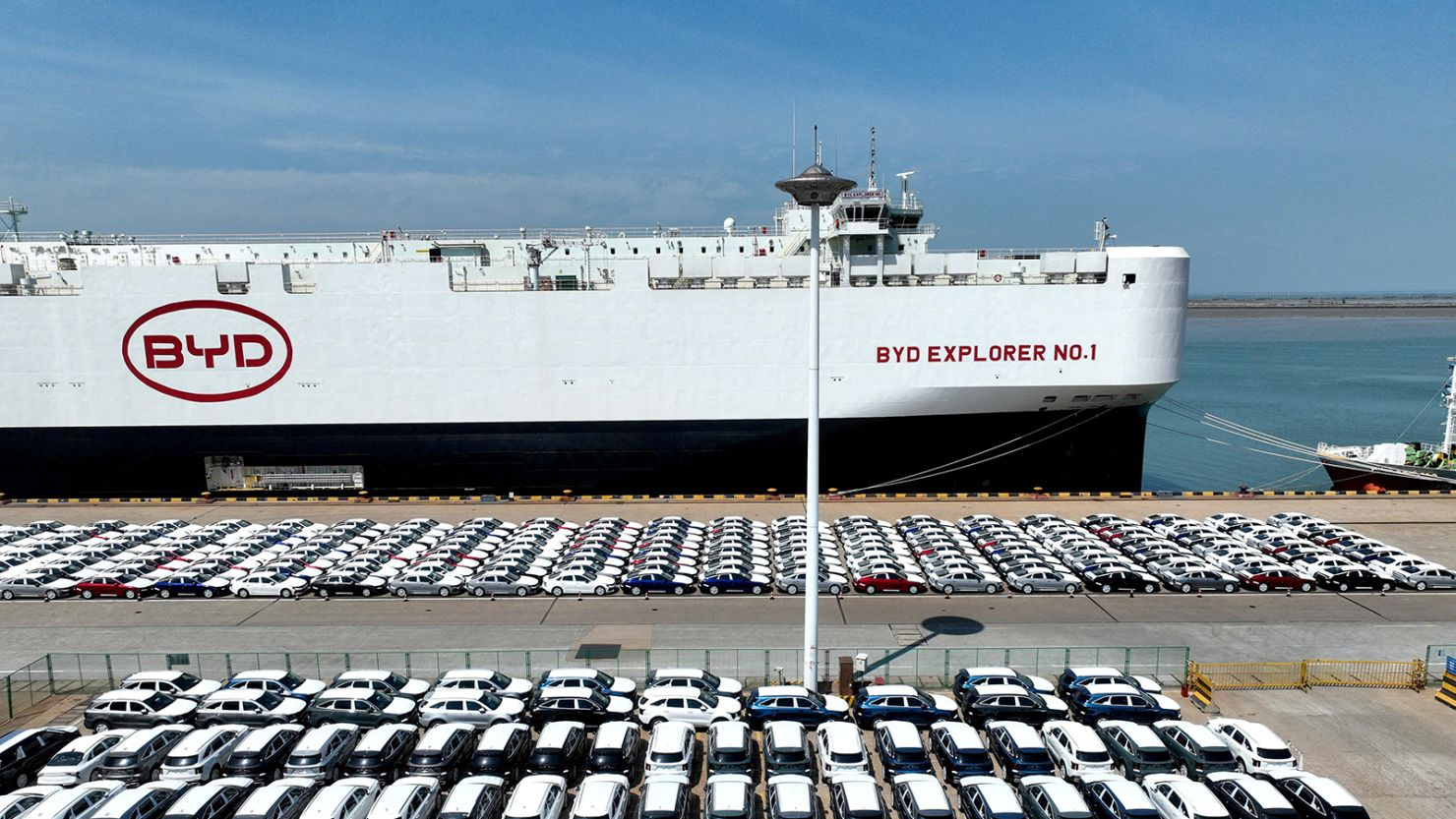China-EU Relations
China-EU Relations


China-EU Relations Explained: Trade and Strategic Shifts
‘‘Since China joined the World Trade Organization in 2001, trade and investment, the cornerstone of China-EU relations, have seen significant expansion and deepening. China has become the bloc's largest partner for imports and third-largest market for exports of goods. With the two economies accounting for over a third of the world's gross domestic product (GDP), EU and China exports also account for over a third of the world's total. The EU and China trade goods worth over 800 billion euros annually. Mutually beneficial, the trade and investment are a source of growth, job creation, and development for both parties. For China, trade and investment ties with Europe, at least over the last two decades, have been instrumental in the country's transition from labor-intensive, low-value goods to tech-intensive, high-value products, fostering job creation and lifting millions of people out of poverty. On the other hand, China's vast and rapidly growing domestic market, home to more than 1.4 billion people, currently the world's second-largest consumer market and also the world's largest middle-income group, presents enormous and diverse opportunities for EU enterprises across a range of industries, including manufacturing, food and cosmetics. Jinping.
Data released by Eurostat show that in 2023, China was the largest partner for EU imports of goods (20.5%) and the third-largest partner for EU exports (8.8%). Among EU member states, in 2023, the Netherlands was the largest importer of goods from China, and Germany was the largest exporter. For the same year, Germany, the largest economy in Europe, saw its direct investment in China rise by 4.3% to a record 11.9 billion euros, demonstrating German companies' strong desire to expand operations in China.
For decades, China-EU trade and investments have been characterized by advantages and mutual economic benefits. However, since the EU adopted a more complicated strategy toward China, guided by the 2019 Strategic Outlook Joint Communication, which views the Asian country in a multifaceted manner — as a partner, economic competitor and systemic rival — the once-flourishing economic relationship has faced headwinds.
According to the EU, the growing complexity of China-EU relations amid evolving geopolitical landscapes compels the bloc to prioritize what it calls the "reduction of vulnerabilities and the enhancement of resilience." In other words, the EU is "de-risking" its interactions with China. However, given China's prominence in global supply chains, dominance in emerging industries, together with its huge domestic market, the bloc's attempts to "de-risk" from the Asian giant will undoubtedly do more harm than good, especially in the long term.’’ – This is an excerpt from the Ghana Centre for China Studies (GCCS) publication titled ‘‘China, Europe benefit from mutual trade and investment’’ published in collaboration with China’s Diplomacy in the New Era website, the official website of the Chinese President Xi Jinping.

Chinese President Xi Jinping on May 5–10, 2024 embarked on state visits to France, Serbia, and Hungary.

The European Union in 2024 imposed additional tariffs on China, targeting made-in-China electric vehicles.
Find out how this action impacts China-EU trade in the Ghana Centre for China Studies (GCCS) publication titled ‘‘EU's tariffs on Chinese-made EVs stifle free trade’’
OUR IMPACT
- GHANA
-
- The Ghana News Agency (GNA) republished GCCS article
- Business and Financial Times republished GCCS article
OUR PUBLICATIONS